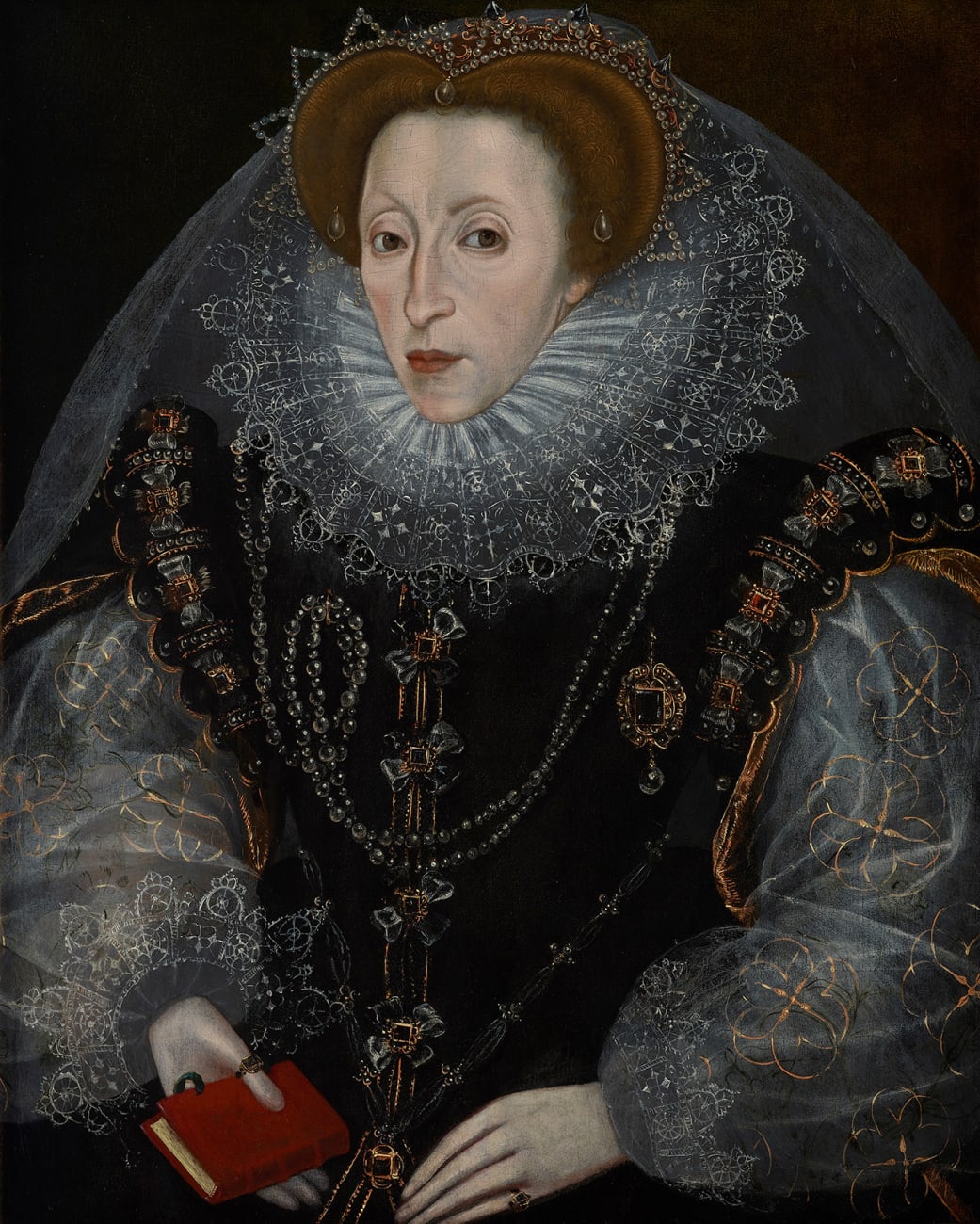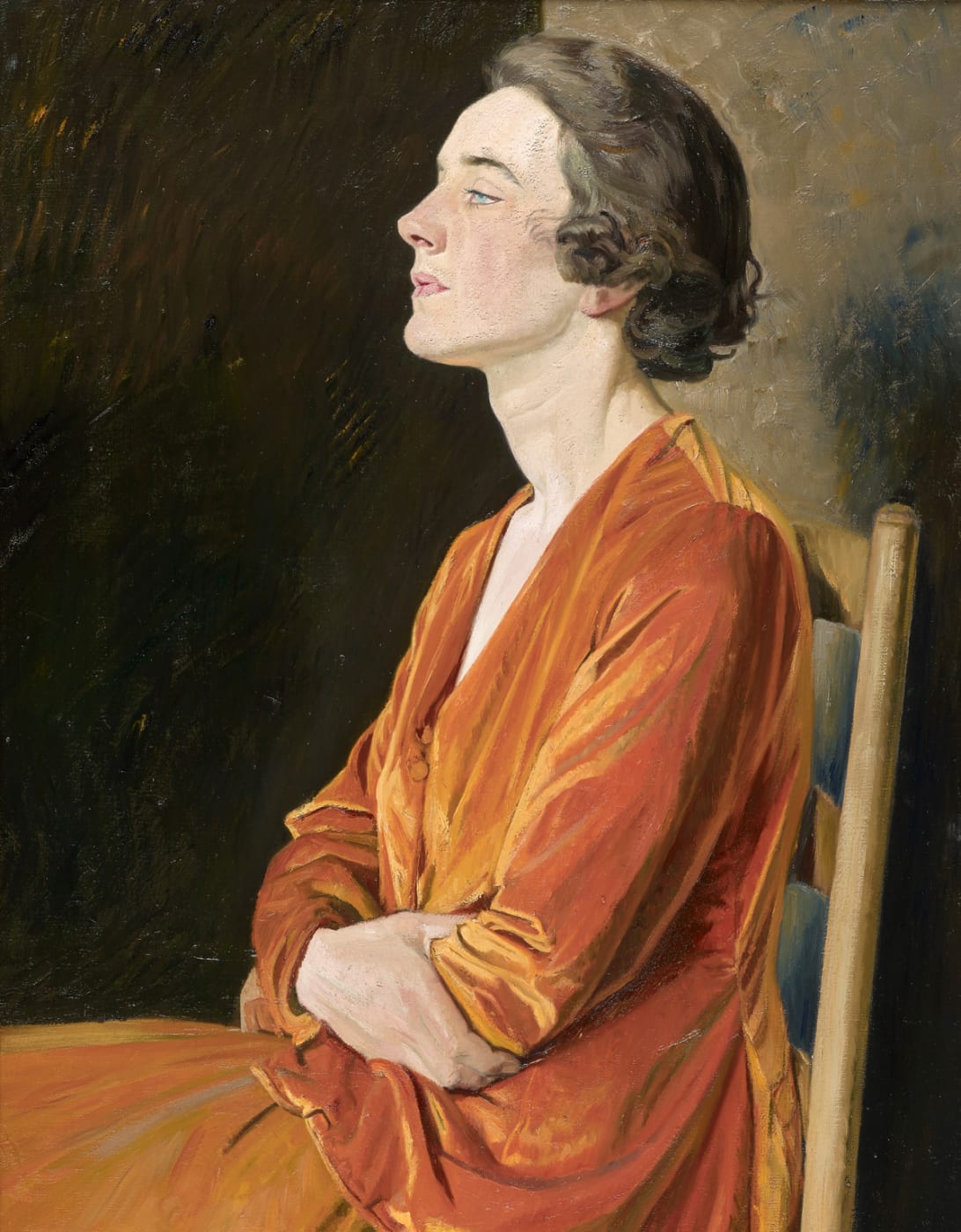Sold out
Previous

John Francis
(1780-1861) Portrait bust of John Russell, 1st Earl Russell (1792-1878)1848
White marble
28 1/2 in (72.5 cm)
Sold
To view all current artworks for sale visit philipmould.com.
John Russell's political reforms and leadership of the modern Liberal party make him one of the most historically significant politicians of the Nineteenth Century. This marble bust by the noted English sculptor John Francis is dated 1848, when Russell was Prime Minister, and at the height of his powers. It is most likely the example exhibited at the Royal Academy in the same year.
Born into a prominent and wealthy English family, Russell was a younger son of John Russell, 6th Duke of Bedford (1766-1839), and entered the House of Commons in 1813 as a supporter of the Whigs, the loose political grouping which advocated political and social reform. Russell was from the outset a supporter of electoral reform and quickly attained a position in the cabinet of Charles Grey, 2nd Earl Grey (1764-1845), leading with vigour the attempts to pass the 1832 Reform Act in the House of Commons....
John Russell's political reforms and leadership of the modern Liberal party make him one of the most historically significant politicians of the Nineteenth Century. This marble bust by the noted English sculptor John Francis is dated 1848, when Russell was Prime Minister, and at the height of his powers. It is most likely the example exhibited at the Royal Academy in the same year.
Born into a prominent and wealthy English family, Russell was a younger son of John Russell, 6th Duke of Bedford (1766-1839), and entered the House of Commons in 1813 as a supporter of the Whigs, the loose political grouping which advocated political and social reform. Russell was from the outset a supporter of electoral reform and quickly attained a position in the cabinet of Charles Grey, 2nd Earl Grey (1764-1845), leading with vigour the attempts to pass the 1832 Reform Act in the House of Commons....
| John Russell's political reforms and leadership of the modern Liberal party make him one of the most historically significant politicians of the Nineteenth Century. This marble bust by the noted English sculptor John Francis is dated 1848, when Russell was Prime Minister, and at the height of his powers. It is most likely the example exhibited at the Royal Academy in the same year. Born into a prominent and wealthy English family, Russell was a younger son of John Russell, 6th Duke of Bedford (1766-1839), and entered the House of Commons in 1813 as a supporter of the Whigs, the loose political grouping which advocated political and social reform. Russell was from the outset a supporter of electoral reform and quickly attained a position in the cabinet of Charles Grey, 2nd Earl Grey (1764-1845), leading with vigour the attempts to pass the 1832 Reform Act in the House of Commons. Subsequently, Russell became leader of the Whigs in the Commons, and later in 1846, following the split of the Conservatives and reappointment of the Whigs, began his first spell as Prime Minister. Russell was the first to adopt the name 'Liberal' to his coalition of Whigs and Radicals. Russell’s government faced many challenges, including Ireland, where civil unrest and famine were at their worst. However he managed to pass a number of highly significant reforming bills such as the Public Health Act, and restructured others including the English Poor-Law and the educational system as a whole. A disagreement with Foreign Secretary Lord Palmerston over a militia bill in 1852, ultimately led to Russell's downfall, and following a vote of confidence his government collapsed in February 1852. Russell maintained a prominent role in English politics in the years to follow, most notably during the Crimean War (1853-56), and in 1859 accepted the role of Foreign Secretary in Lord Palmerston’s government. When Palmerston died suddenly in 1865 Russell took the reins and became prime minister once again - this time from the House of Lords as Earl Russell - with William Gladstone leading in the Common’s. However, Russell's second term was short-lived owing to the failure to pass another electoral reform act which would have further widened the franchise. In 1866 his government was defeated after Disraeli, the Conservative leader in the House of Commons, engineered a defeat of Russell's reform bill. |


